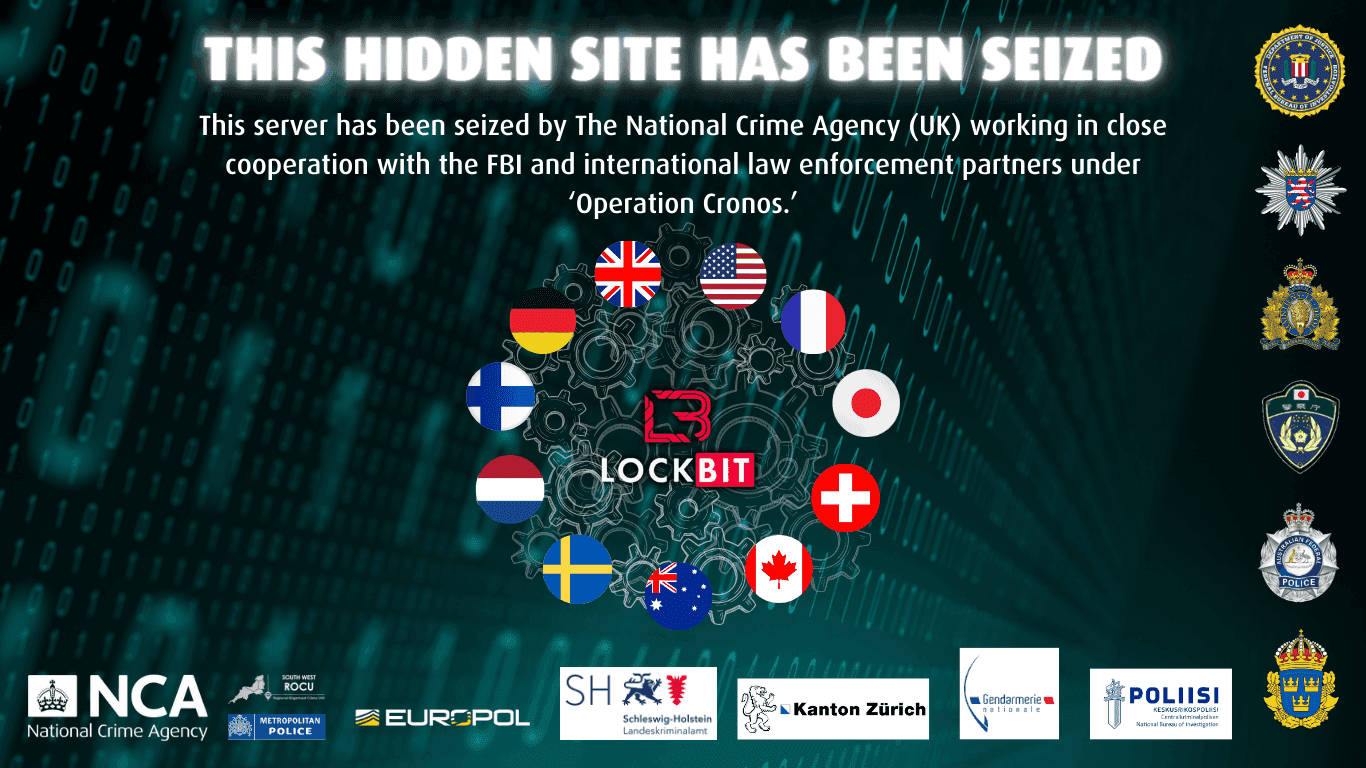
Buy Figma Version
Easily personalize every element of template with Figma and then transfer to Framer using plugin.
Blog Post
The LockBit Takedown: A Cybersecurity Victory and What It Means for Your Business
In a groundbreaking operation that has sent ripples through the cyber world, the U.S. Department of Justice, alongside the UK National Crime Agency and other international partners, has effectively disrupted the operations of the LockBit ransomware group. This group, notorious for its wide-reaching and financially damaging attacks, has been a significant player in the cyber threat landscape, targeting over 2,000 victims globally and amassing over $120 million in ransom payments.
LockBit's Modus Operandi: A Phishing Perspective
A critical aspect of LockBit's strategy, and one that is particularly relevant to our work at PhishDeck, is their reliance on phishing, spearphishing, and the abuse of credentials to gain access to their victims' networks. These methods underscore a fundamental truth in cybersecurity: the human element often represents the weakest link in our defenses.
RDP Exploitation: LockBit affiliates have been known to exploit Remote Desktop Protocol (RDP) connections, a common tool for remote work and administration. This method often involves brute force attacks or the use of stolen credentials, highlighting the importance of strong password policies and the need for multi-factor authentication.
Phishing and Spearphishing: These techniques are at the heart of many LockBit infiltration strategies. By sending fraudulent emails that mimic legitimate communications, attackers deceive recipients into divulging sensitive information or clicking on malicious links. Spearphishing takes this a step further by targeting specific individuals within organizations, using personalized information to lower the victim's guard.
Credential Abuse: The acquisition and misuse of existing account credentials remain a preferred method for initial access. This can be achieved through various means, including previous data breaches, phishing campaigns, or purchasing credentials on the dark web.
The PhishDeck Response: Empowering Your People
This latest development in the battle against LockBit reaffirms the critical need for comprehensive phishing awareness and training. At PhishDeck, we specialize in preparing organizations to defend against precisely these types of threats. Through our advanced phishing simulation platform, we offer a proactive solution to enhance your team's ability to detect and respond to phishing and spearphishing attempts.
Our simulations mimic the tactics used by groups like LockBit, providing a realistic yet safe environment for your team to learn and practice their response skills. By exposing your team to scenarios based on actual tactics employed by cybercriminals, we not only increase awareness but also build confidence in identifying and mitigating phishing threats.
Conclusion
The disruption of LockBit's operations marks a significant victory in the global effort to combat cybercrime. However, it also serves as a vivid reminder of the ongoing threats in the digital arena, particularly those involving phishing and credential theft. As we celebrate this achievement, let us also reinforce our commitment to cybersecurity awareness and training.
At PhishDeck, we are dedicated to transforming your employees into a robust human firewall, capable of standing against the sophisticated phishing techniques used by cybercriminals worldwide. Together, we can create a safer cyber environment for all, reducing the efficacy of ransomware attacks and protecting our collective digital future.



